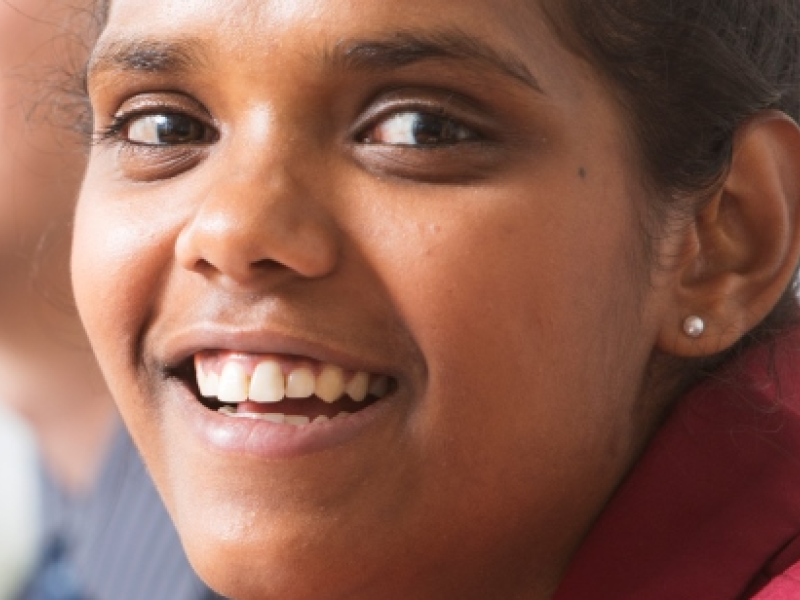Mind values the expertise, strengths and skills of people with lived and living experience of mental health challenges, personally or as a family member or carer.
We have a strong commitment to employing peer practitioners across all service models, as well as employing staff in designated lived experience roles in other key departments. More than 50 per cent of our staff have disclosed a lived experience of mental ill health.
Our Lived Experience Workforce works to shift attitudes and concepts of mental health. It facilitates increased collaboration with, and valuing of the insights of, people with lived experience, and helps ensure the support we provide is best practice.
Valuing lived experience benefits everyone. Mind’s Lived Experience workforce leads change and builds an understanding of lived experience at all levels of the organisation to improve how we work and how we support people in their mental health recovery journey. Find out more about our commitment to Lived Experience here (PDF 1.95 MB).
We value the knowledge, and proactively recruit people who have lived experience with mental ill-health, personally or as a family member or carer, which assists and supports our clients, carers and families through:
- sharing knowledge of lived experience of mental health challenges
- supporting people with their own recovery
- assisting in fostering hope
- helping others through shared experiences
- connecting with people through storytelling.
Mind’s Peer Work resources:
- Mind's Peer Work Framework (PDF 316 KB)
- Mind's Peer Work Framework short summary (PDF 729 KB)
- Mind's Peer Work Framework easy read (PDF 389 KB)
- The Centre of Excellence in Peer Support
- Charter of Peer Support
- Mind’s Lived Experience Strategy.
Mind's Peer Work Program:
Mind's Peer Work Program is a specialised learning program that teaches participants the skills, knowledge, and approach to using lived and living experience within the discipline of peer work.
The program utilises a blended learning approach, taking approximately 40 hours, incorporating:
- self-paced eLearning
- facilitated online skills practice
- one-on-one check-in sessions with a facilitator, and
- end of program assessment.
Within the program, participants learn to share part of their personal lived experience and recovery journey narrative. This allows learners to practice purposeful disclosure and reflective practice in an environment that is safe and develops confidence to engage in purposeful disclosure within their roles.
It has been designed and is facilitated by lived experience facilitators who have experiencing working in peer roles.
The Victorian Department of Health has fully funded places available for the upcoming Mind Peer Work Programs for staff who are:
- currently employed in a lived experience role
- currently working in Victoria.
Click here to register your interest in Mind's Peer Work Program.
For more information, contact the Peer Work Program team at [email protected]
